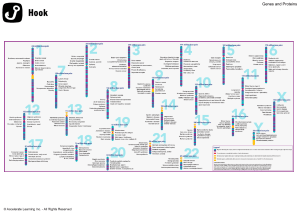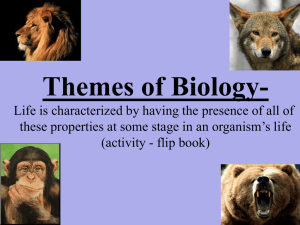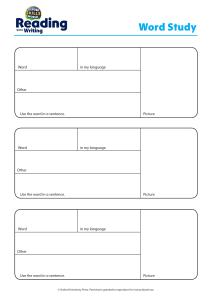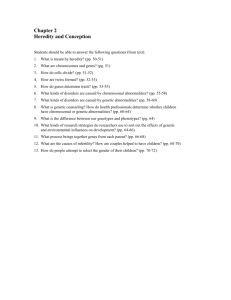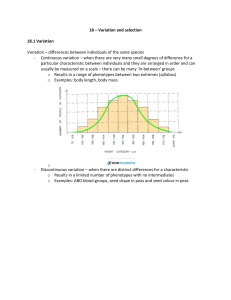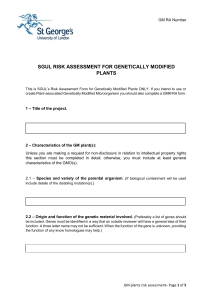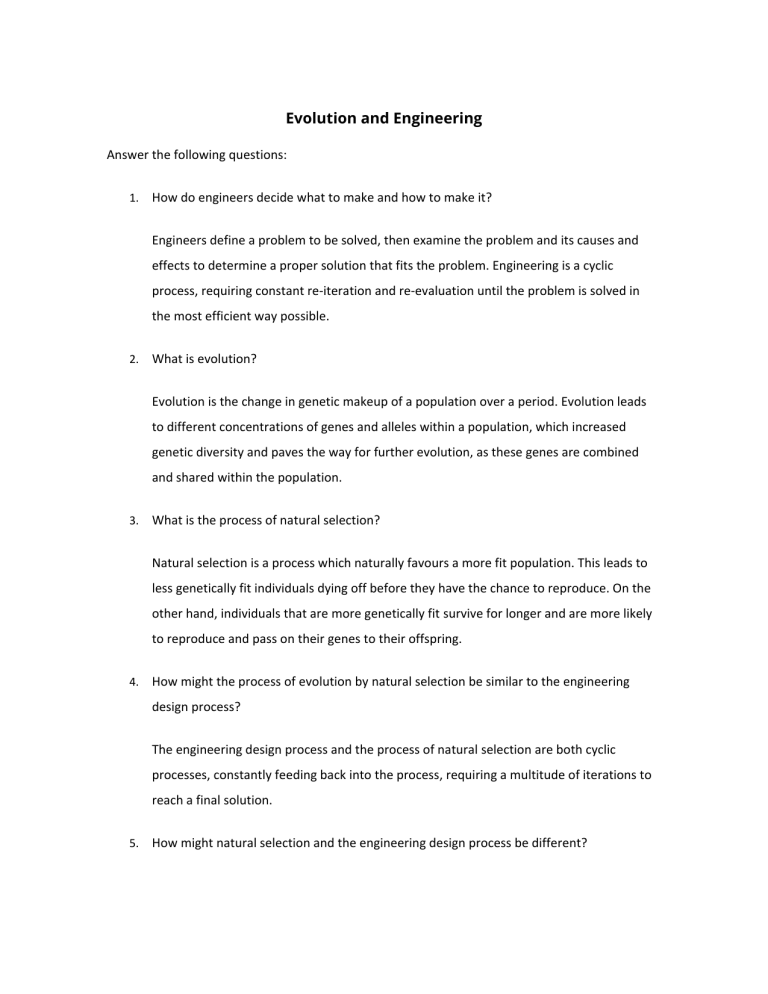
Evolution and Engineering Answer the following questions: 1. How do engineers decide what to make and how to make it? Engineers define a problem to be solved, then examine the problem and its causes and effects to determine a proper solution that fits the problem. Engineering is a cyclic process, requiring constant re-iteration and re-evaluation until the problem is solved in the most efficient way possible. 2. What is evolution? Evolution is the change in genetic makeup of a population over a period. Evolution leads to different concentrations of genes and alleles within a population, which increased genetic diversity and paves the way for further evolution, as these genes are combined and shared within the population. 3. What is the process of natural selection? Natural selection is a process which naturally favours a more fit population. This leads to less genetically fit individuals dying off before they have the chance to reproduce. On the other hand, individuals that are more genetically fit survive for longer and are more likely to reproduce and pass on their genes to their offspring. 4. How might the process of evolution by natural selection be similar to the engineering design process? The engineering design process and the process of natural selection are both cyclic processes, constantly feeding back into the process, requiring a multitude of iterations to reach a final solution. 5. How might natural selection and the engineering design process be different? Both systems aim to solve a problem, but in the case of natural selection, time and genetic variety are the driving factors, while the engineering design process incorporates various facets of the physical world, including physics and mathematics. The engineering design process is utilized to solve a problem, which natural selection solely focuses on the biological fitness of an individual, and its ability to reproduce.

